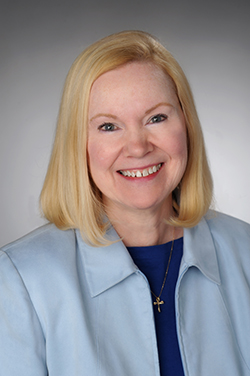Hendricks Chapel Chaplains, Staff and Students Attend Interfaith America Leadership Summit
A dedicated group of chaplains, students and staff from Hendricks Chapel attended the Interfaith America Leadership Summit in Chicago from Aug. 8-10. The multifaith cohort joined more than 700 participants to bridge divides and forge friendships across lines of religious…


